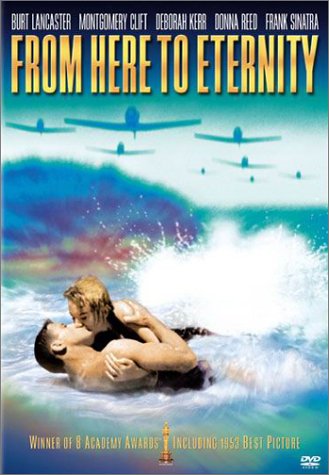Good Morning to all.
You are in my thoughts, Letty.

McTag mentioned "Queen" and I'm now remembering how much I enjoyed their songs that were featured in the movie "Highlander". Especially, "Kind of Magic".
DJ played a Paxton favorite, The Last Thing on My Mind. I once had a tape from radio that I really liked of "Them" performing that song. Never was able to find it on CD though.
And today's birthdays are:
1391 - Edmund de Mortimer, 5th Earl of March, English politician (d. 1425)
1479 - Joanna of Castile, queen of Philip I of Castile (d. 1555)
1494 - Suleiman the Magnificent, Ottoman Sultan (d. 1566)
1510 - John Caius, English physician (d. 1573)
1661 - King Charles II of Spain (d. 1700)
1692 - Louis Racine, French poet (d. 1763)
1814 - Adolphe Sax, Belgian inventor (d.1894)
1833 - Jonas Lie, Norwegian author (d.1908)
1841 - Nelson W. Aldrich, U.S. Senator from Rhode Island (d. 1915)
1841 - Armand Fallières, French president (d. 1931)
1851 - Charles Dow, American journalist and economist (d.1902)
1854 - John Philip Sousa, American composer (d. 1932)
1855 - Ezra Seymour Gosney, American philanthropist and eugenicist (d. 1942)
1860 - Ignace Paderewski, Polish pianist, composer, and President of Poland (d.1941)
1861 - James Naismith, Canadian inventor of basketball (d. 1939)
1880 - Robert Musil, Austrian novelist (d. 1942)
1887 - Walter Johnson, baseball player (d. 1946)
1892 - Harold Ross, American editor (d.1951)
1914 - Jonathan Harris, American actor (d. 2002)
1916 - Ray Conniff, American composer and conductor (d.2002)
1921 - James Jones, American writer (d. 1977)
1931 - Mike Nichols, German director
1938 - Mack Jones, baseball player (d. 2004)
1938 - P.J. Proby, Texas-born, England-based singer and actor
1939 - Michael Schwerner, American civil rights activist (d. 1964)
1946 - Sally Field, American actress
1948 - Glenn Frey, American singer (Eagles)
1949 - Arturo Sandoval, Cuban-born trumpeter
1949 - Brad Davis, American actor (d. 1991)
1955 - Maria Shriver, American journalist
1957 - Lori Singer, American actress
1957 - Klaus Kleinfeld, German industrialist
1965 - Greg Graffin, American singer (Bad Religion)
1966 - Christian Lorenz, German keyboardist (Rammstein)
1970 - Ethan Hawke, American actor
1972 - Thandie Newton, Zambian actress
1972 - Garry Flitcroft, English footballer
1973 - Nell McAndrew, British model
1976 - Pat Tillman, American football player (d. 2004)
1976 - Mike Herrera, American singer and bassist (mxpx)
1979 - Lamar Odom, American basketball player
1987 - Ana Ivanovic, Serbian tennis player
JAMES JONES:


